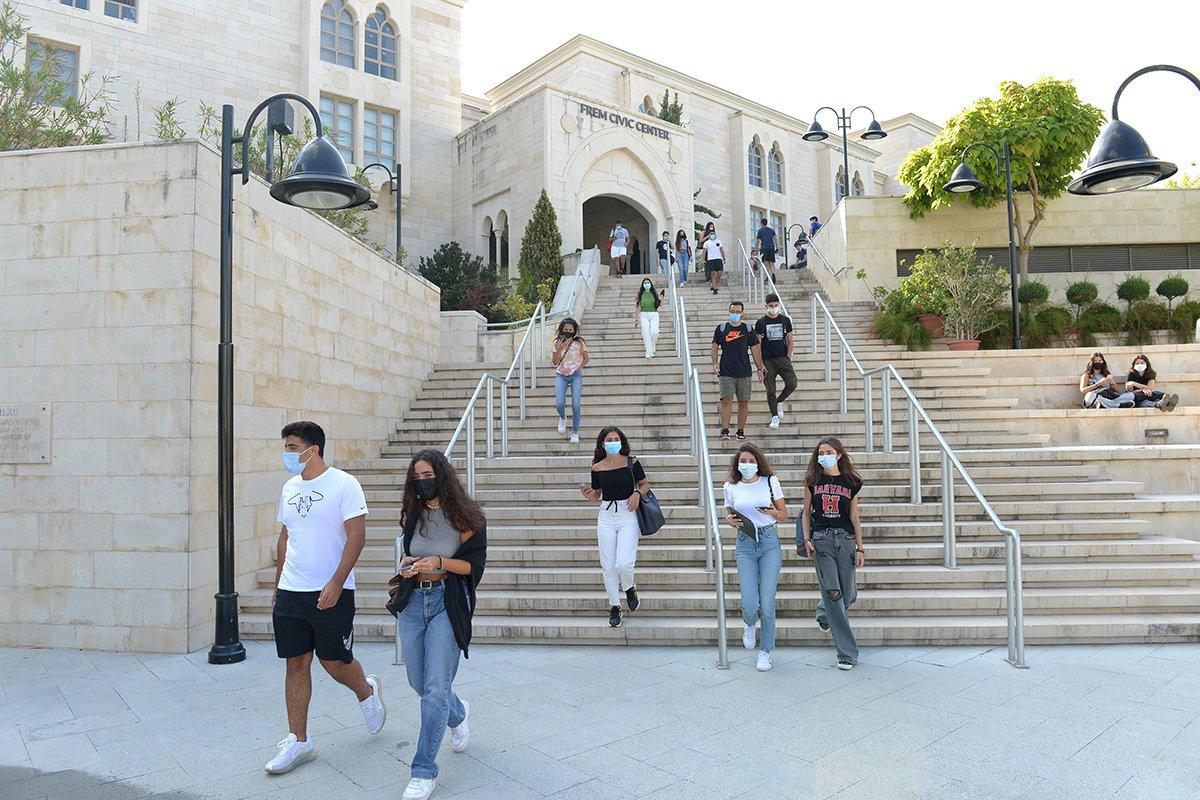Student Council Elections 2021
More than 2,800 students voted to elect their new representatives.
LAU undergraduate students cast their votes on Friday, October 8, to elect their representatives to the LAU Student Council, securing 30 seats at the table in line with LAU’s model of shared governance.
For the past six years, the elections have taken place online, through a secure and transparent platform that enables students to vote anonymously from the convenience of their own homes, away from any potential influence. The elections follow a one-student-one-vote principle.
The announcement of the results, scheduled for 4:00 p.m., was postponed by one hour to compensate for voting time lost during a power and server outage that had occurred during the day.
President Michel E. Mawad congratulated the students for upholding the tradition of democratic elections, free of undue pressure or interference. “This voting process at LAU continues to set an example for the rest of the country: for democratic involvement, freedom of speech, and the liberty of expressing one’s opinion through a ballot,” said Dr. Mawad, adding an appeal to students to vote in the upcoming parliamentary elections in Lebanon.
“Students are the essence of the university,” said Dr. Raed Mohsen and Dr. Jad Abdallah, LAU deans of students on Beirut and Byblos campus respectively in a joint statement. “It is only natural to have them represented on various committees and councils, where they share equal rights and votes as faculty and staff representatives,” they explained.
LAU’s Student Council election bylaws and Student Code of Conduct are the guidelines for maintaining a free and fair process. The university had further introduced, years ago, a mandatory workshop for all candidates delivered by the Lebanese Association for Democratic Elections (LADE) to discuss the importance of student governance, democratic elections, and ethics, as well as how to raise concerns with the administration.
In the weeks leading up to the elections, meetings and workshops were hosted by the Student Life Offices on both campuses, led by Riman Jurdak in Beirut and Alan Keirouz in Byblos. The candidates were given designated campaigning booths on campus, while many posted online videos to boost their reach.
